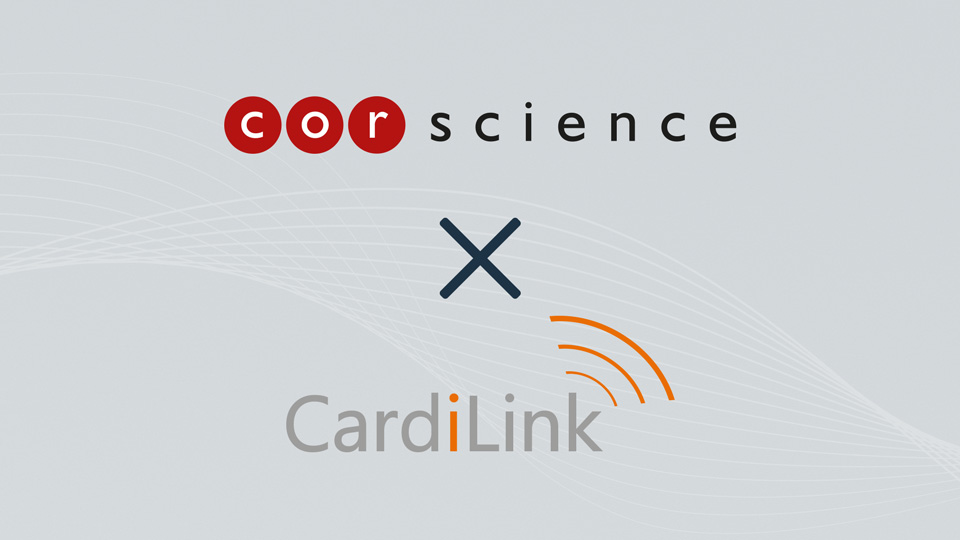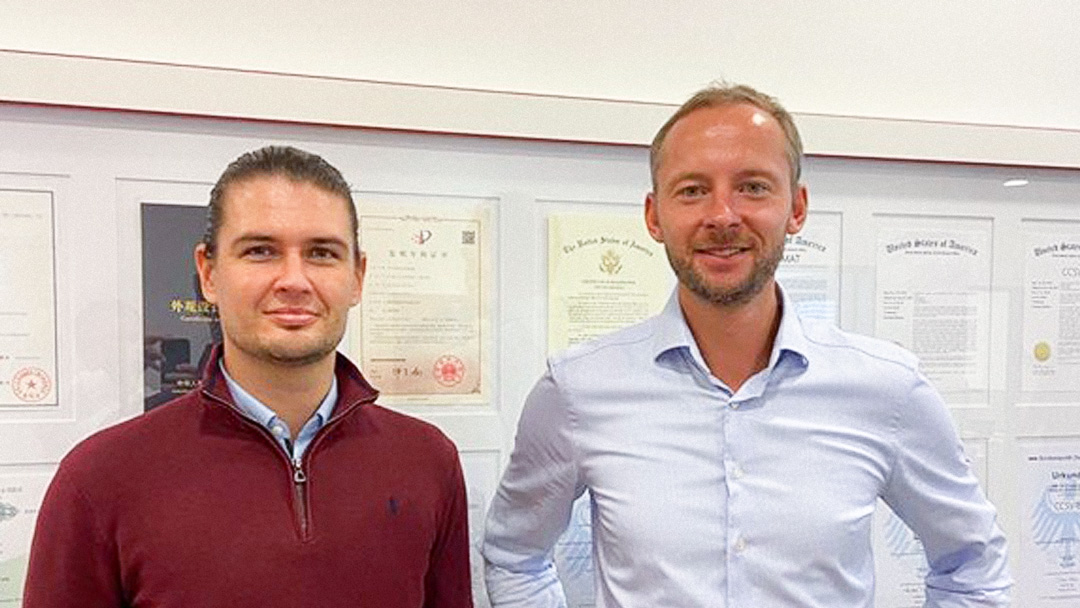Corscience and CardiLink establish business ecosystem for defibrillation solutions

Bringing together what belongs together: the two Franconia-based medical technology specialists Corscience and CardiLink are entering into a strategic partnership. The focus of the collaboration: digitally networked defibrillators.
This collaboration combines life-saving hardware, on the one hand, and IoT connectivity on the other, which brings with it a multitude of advantages for defibrillator manufacturers. In the future, they will benefit from manufacturer-independent solutions that are modular and expandable.
Hardware is the core
Corscience’s core field of expertise lies in the defibrillator hardware. “The boards that control the pulse are high-tech developments at their best”, explains CEO Jörg Pintaske. “With embedded ECG analysis for perfect shock timing, biphasic pulse delivery with appropriate energy levels, and optional add-on functions such as cardioversion shocks or pacemaker pulses – our OEM solutions cover all fields of application.” Beyond the electronic modules, already approved devices for both professional and lay applications are on the horizon. They will be available as white-label defibrillators to established medical device manufacturers and other suppliers for rapid market entry.

Connectivity is key
CardiLink brings connectivity, data upload and cloud environment to the table. The CardiLink solution is already proven for a wide variety of AED (Automated External Defibrillator) applications. It allows device status, power supply and other parameters to be monitored remotely – with the aim of ensuring long-term availability. “AEDs are becoming more widespread in public places. But they are only useful if someone also ensures that the device actually works in an emergency and the battery hasn’t given out after a few months without use, for example”, says CardiLink CEO Lars Wassermann.
Data with potential
Together, the two companies are already looking at further use cases for networked defibrillators, such as collecting and analyzing clinical deployment data. Lars Wassermann also sees real benefits for this from a regulatory perspective: “When I think about the MDR requirements for post-market surveillance – they are becoming more and more demanding. Digital device data is an important building block in meeting them.” And Jörg Pintaske is also looking to the future: “Clinical trials are always difficult in the field of life-saving medical technology. How invaluable would it be to have the means to collect data for entire device fleets and evaluate how the defibrillator pulses affect the heart rhythm in real emergency situations? We have the technology to do that.”
You would like to learn more?
Networked devices, remote monitoring and data acquisition from defibrillators – be inspired by the possibilities. We will be happy to advise you.